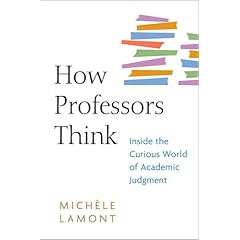I thought this would be a
great article to get a conversation started about faculty scholarship since UNLV's increased focus has raised everyone's attention level. This recent article from
Inside Higher Education summarized some national level conversations about what constitutes 'double dipping' and how we should
count scholarship efforts.
I'm going to go ahead and stick my neck out just to give us a starting/reaction point and I hope you'll send your comments. I think impact is a key measure for faculty scholarship and so I agree with the opinion of one person quoted who says, basically, that it's ok to provide essentially the same content to two different audiences. If in fact, the point of scholarship is to share knowledge and have an impact on the field, doesn't it make sense to disseminate as widely as possible. As long as one is clear in documenting your work that the same presentation was made to different audiences? For example, I work across disciplines in my collaborations so I might publish or present similar information in a venue targeted to librarians and another targeted to educators or counselors. What do you think about the questions raised in this article?




